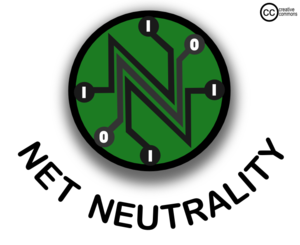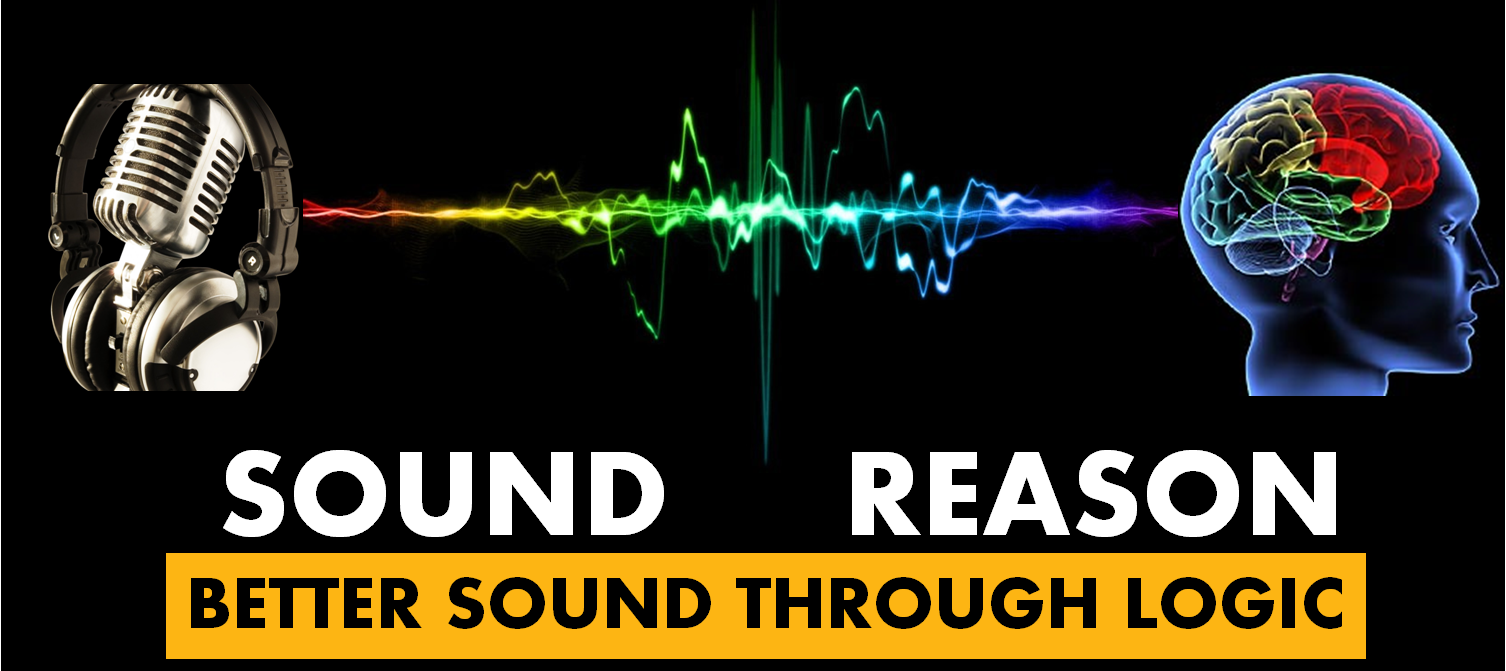 Three hundred and seventeen pages. That is currently all that stands between the public and having a network connection being turned into a utility by the FCC. With the landmark vote taking place last Thursday, 2/26, the expected result came to fruition with the three Democrats on the commission voting to implement the rules the with the two Republicans offering a dissenting opinion.
Three hundred and seventeen pages. That is currently all that stands between the public and having a network connection being turned into a utility by the FCC. With the landmark vote taking place last Thursday, 2/26, the expected result came to fruition with the three Democrats on the commission voting to implement the rules the with the two Republicans offering a dissenting opinion.
The vote was the second item on the docket for the day but drew quite a crowd, including Chad Dickerson, CEO of Etsy, Veena Sud, producer of the current Netflix show “The Killing,” both of whom spoke on behalf of the proposal, but it was impossible to escape Steve Wozniak lingering in the gallery as a prominent member of the technology community.
The arguments from both sides were intense and deeply compelling, though it was clear from those in attendance that there was more skepticism for what was presented by Commissioners Pai and O’Reilly, both offering a dissenting vote. Those in favor of this proposal to reclassify broadband network communications under Title II tended to lean towards a slightly more emotional response with Dickerson reading a letter to Chairman Wheeler from one of the Etsy’s maker community named Nancy where she thanked him stating that “my dream is alive and viable because of free Internet and Etsy.”
Dickerson focused his argument on the fact that making broadband a utility would allow for the use of “Internet as an engine for economic opportunity.” Sud would follow suit by bringing forth the statistic that 30% of streaming shows online were run by women, a statistic that stands large over the work run by women in traditional mediums. It was her belief that this reclassification would be the only way to prevent Internet Service Providers (ISPs) from controlling the future of media distribution because there would be no limitations based on throttling or content prevention.
After a reading of the four page released summary, each Commissioner weighed in with their opinion and stance:
Commissioner Clyburn (in favor the proposal):
“This is our third bite at the apple and we must get it right.”
“We are here to ensure that there is only one internet where all have equal points of being heard allowing those with deep pockets, as well as empty pockets, to have the ability to exceed.”
Her most poignant moment came at the end of her statement when she said that some believe that this proposal doesn’t go far enough, while others belief it goes too far.
Commissioner Rosenworcel (in favor of the proposal):
“Our internet economy is the envy of the world. We invented it.
It is our individual soapbox and our shared platform for opportunity.”
“We cannot have gatekeepers who tell us what we can or cannot do or where we can and cannot go online.”
Commissioner Pai (against the proposal):
Citing the 1996 bipartisan agreement over how to regulate the networks he believe that the FCC was flip flopping for “one reason and one reason only. President Obama told us to do so.”
He made many claims about the consequences of this proposal being higher broadband prices, slower network speeds, and fewer options for consumers.
Stating that the consumers can expect regulations to “ratchet up” over time as this proposal did not restrict them from the ability to do so over time.
Standing behind his belief that this regulation would slow investment and innovation in the networks, he compared that this would be “Pa Broadband in the 21st” century to “Ma Bell in the 20th.”
Commissioner O’Rielly (against the proposal):
Wasting no time in attacking the proposal by stating that the majority of the commission was attempting to usurp based on unsupported and unreasonable findings.
While proposal uses the concept of Forbearance in the cases where the FCC is not trying to overstep its bounds, O’Rielly called it faux-bearance as he believes the FCC is applying sections 201 and 202 as a predictive judgment to protect customers, potentially resulting in backdoor rate setting, which goes against the statements in the four page summary.
Sticking to his guns on the fact that the FCC was overstepping, the closing statement brought quite a lot of ire from the social media crowd watching when O’Rielly stated that “banning paid prioritization is a form of rate regulation.”
Chairman Wheeler (in favor of the proposal):
“We listening and we learned,” he said as he thanked the public for their contribution to determining the best course of action.
“The Internet is the most powerful and pervasive platform on the planet,” he stated and followed with the conclusion that it would need rules and a referee on the field to help govern it.
“This is no more a plan to regulate the Internet than the First Amendment is to regulate free speech.”
 His closing statement was possibly more accurate than he intended (in reference to what could happen to the Internet): “We cannot imagine what’s going to happen next.”
His closing statement was possibly more accurate than he intended (in reference to what could happen to the Internet): “We cannot imagine what’s going to happen next.”
The votes were cast and the new era of broadband networks being a utility began. Of course, we still don’t actually know what those 317 pages say, and the FCC is currently at a point where they can make revisions without the public knowing until the official release of the rules.
There will be the lawsuits from the ISPs that will attempt to find the single loophole left open or alter the proposal in some way to their benefit. The fact that cannot be argued with, regardless of your stance or belief on whether this was the best decision, is that the FCC listened to the public and gave them what they overwhelmingly asked to receive – broadband networks reclassified under Title II regulation. How many of the people that asked for it actually knew what they were asking for is definitely up in question and what the intricate details are written into these rules will only be revealed in time. For now, though, we wait and we see what lingers down that unknown digital pipeline.

